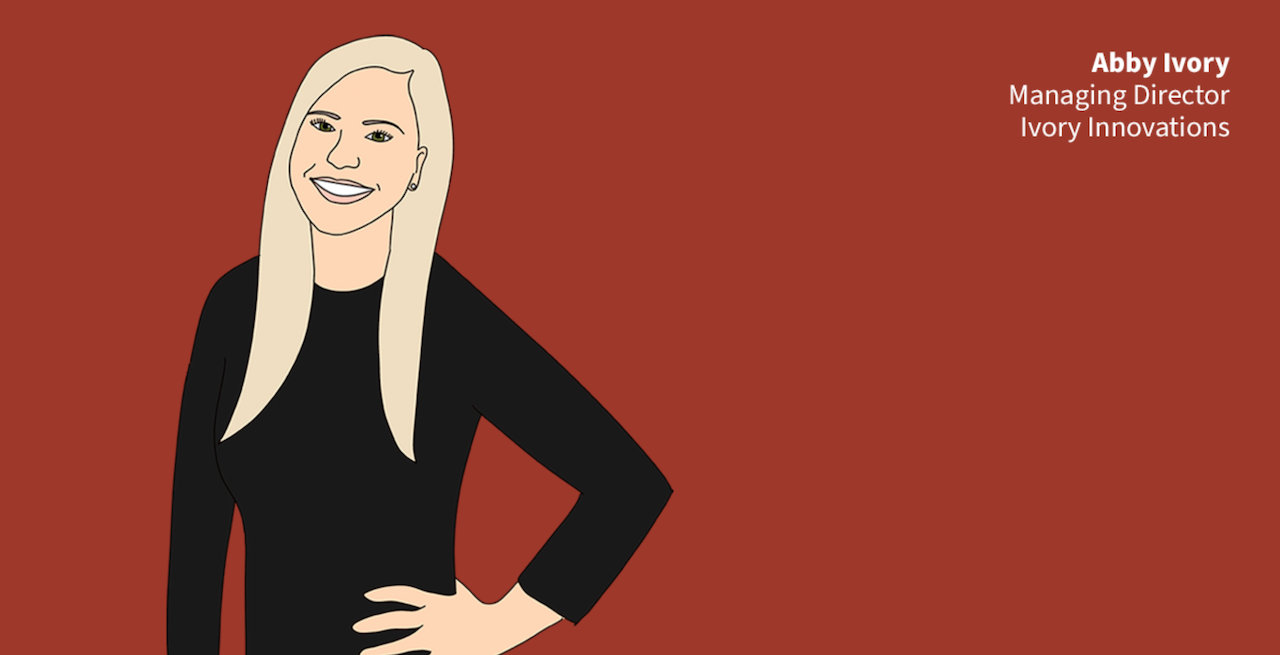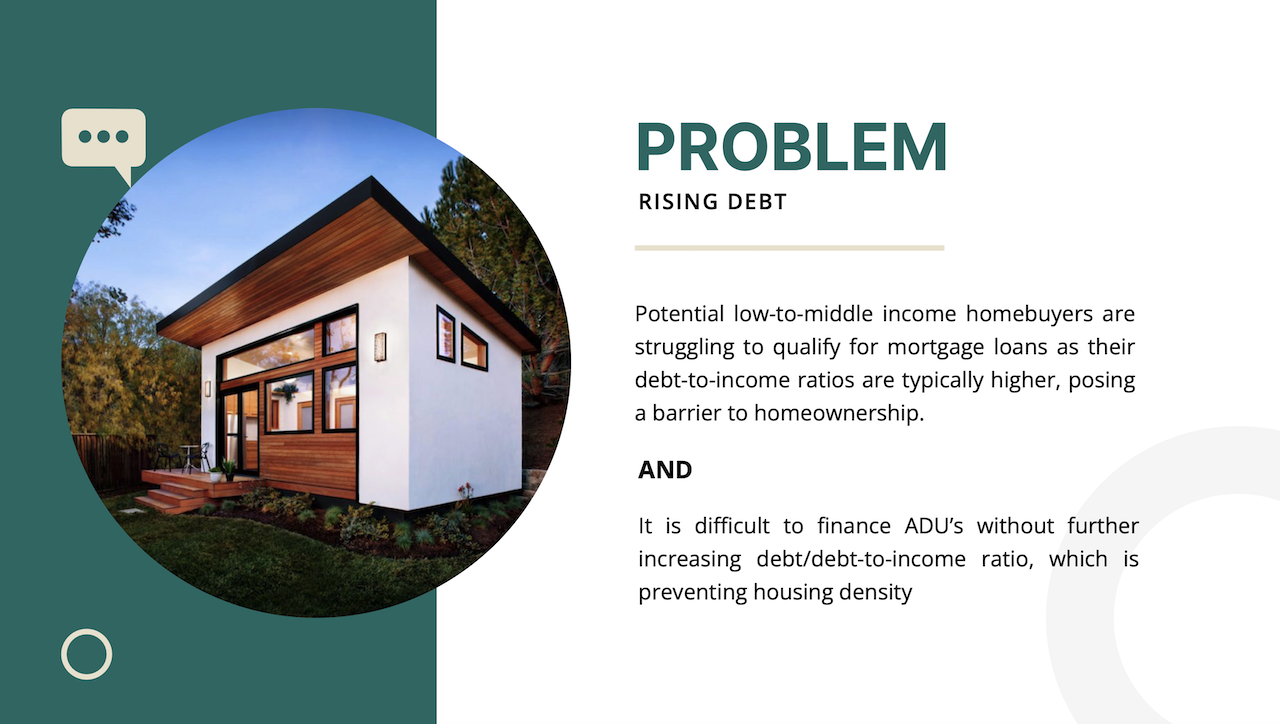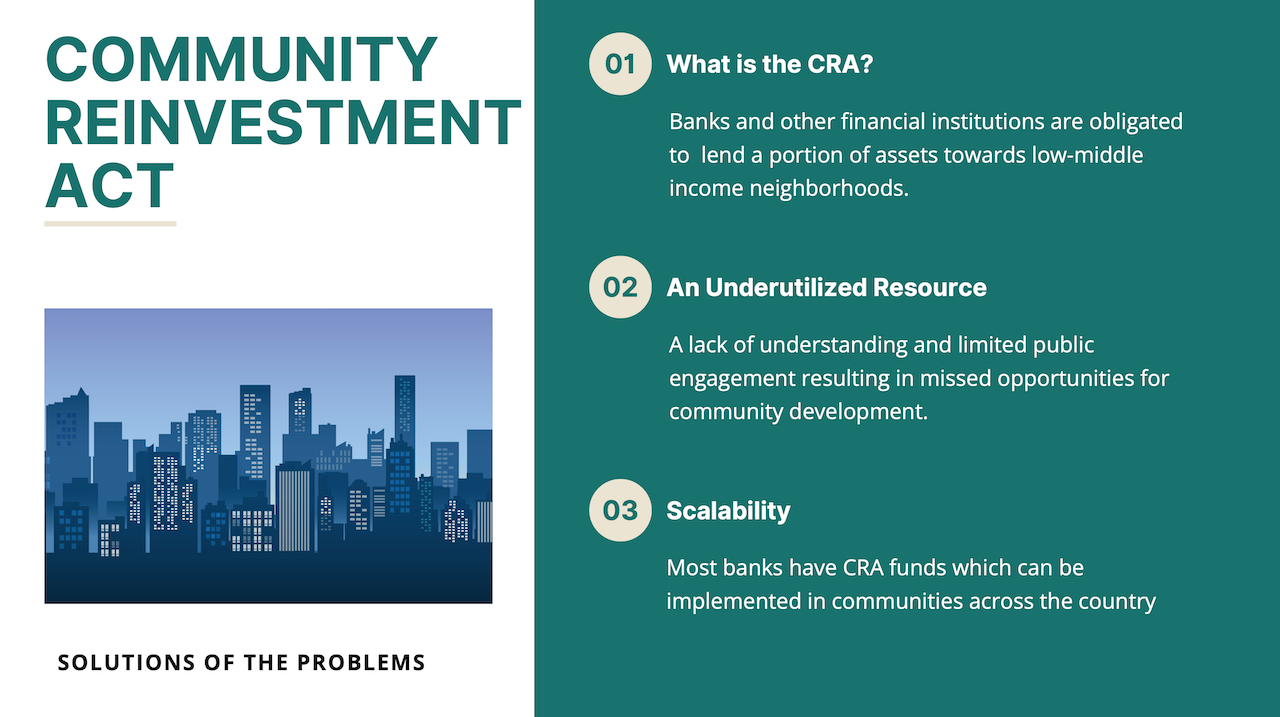Leadership
Hidden-in-Plain-Sight Solutions Ignited By The Next Generation
As the homebuilding industry grapples with workforce shortages and housing affordability crises, Hack-A-House 2024 spotlights the innovative solutions and fresh talent essential for shaping the future.

The homebuilding industry is facing a critical juncture, and the stakes couldn’t be higher.
On one hand, there’s the challenge of affordability — a massive issue that has left millions of American households without access to decent, affordable homes. On the other, there’s the glaring reality that the industry itself is struggling to attract the young, innovative talent needed to solve these challenges. With a rapidly aging workforce and long-standing misconceptions about careers in construction, the homebuilding sector finds itself in desperate need of next-generation solution seekers.
Recent data from the National Association of Home Builders (NAHB) highlights this very issue: while 36% of parents would encourage their children to pursue careers in construction, concerns around work-life balance, job stability, and the perception of limited advancement opportunities continue to deter many from entering the field. For homebuilding leaders, this represents a challenge—and an opportunity. How do you engage young people with fresh ideas to tackle the industry’s most pressing issues?
The answer may lie in initiatives like Hack-A-House, a competition where student innovators are given the space, mentorship, and support to create meaningful, real-world solutions to housing’s hardest problems.
For that reason, we'll look Hack-A-House 2024 and the remarkable University of Utah team — seniors Chris Eggert, Katelyn Johnston, and Jaedon Bassett — who are among this year’s student competition finalists. Their journey reflects both the immense potential of the competition and the broader lessons homebuilding leaders must take to heart if they hope to turn the industry’s fortunes around.
The Call for Next-Generation Talent: A Strategic Imperative
The NAHB's recent study reveals an industry facing significant workforce shortages. And yet, it’s not because construction lacks appeal. As the data shows, many parents are open to their children pursuing careers in the field—just not on the current terms. It’s not enough to tout salaries anymore; job security, career advancement, and work-life balance have emerged as the critical factors young people and their families consider when choosing a career. The industry needs to step up and rebrand itself as a field of innovation and stability, offering a clear path for advancement and a role in solving some of the most pressing issues facing society today.
Hack-A-House taps into this exact need. By engaging students from 67 universities and focusing their attention on real-world housing challenges, the competition is more than just an academic exercise — it’s an investment in the future.
As University of Utah senior/contestant Katelyn Johnston puts it,
Housing affordability is a huge, real-world issue. It’s not just a classroom exercise for us. We know that the solutions we propose could have a real impact, and that drives us to dig deeper and think bigger."
A Platform for Unleashing Fresh, Scalable Ideas
Hack-A-House, now in its seventh year, has evolved into a breeding ground for fresh, outside-the-box thinking. It’s not only about students creating innovative solutions; it’s about the intense, real-world process they go through in a 24-hour hackathon format. Student teams have to grapple with immense pressure, while collaborating and troubleshooting the kinds of challenges that construction professionals face every day. This year’s competition included prompts on single-family housing densification, ADU (Accessory Dwelling Unit) financing, and housing safety nets.
For the University of Utah team, this competition wasn’t just theoretical. Their solution — a shared equity model using CRA (Community Reinvestment Act) funding to finance ADUs for homeowners without burdening them with additional debt—grew out of hours of brainstorming and collaboration.

We spent what felt like an eternity hitting a wall,” says University of Utah senior Jaedon Bassett. “Every idea we came up with didn’t seem feasible or innovative enough, until an industry expert pointed us toward CRA funding. That was our lightbulb moment.”

The Road to Cambridge: Where Innovation Meets Action
The story doesn’t end with the hackathon. Hack-A-House 2024 culminates on October 25, at Harvard University’s Joint Center for Housing Studies in Cambridge, MA. There, three finalist teams, including the University of Utah group, will present their ideas in person to an audience of housing experts, industry leaders, and policymakers. The stakes are high, with a $5,000 grand prize on the line, but the real value lies in the exposure these young innovators will gain.
It's exciting to think that our idea could be presented in front of people who have the ability to actually make things happen in the real world,” says Chris Eggert. “This could be the first step toward turning it into something real."
For homebuilding executives who will be in the audience — or even those reading this — this is where the importance of initiatives like Hack-A-House becomes clear. It’s a chance to witness the innovation the industry desperately needs, and it’s a reminder that the answers to some of housing’s biggest problems may come from the least expected sources: students working through a hackathon at 2 a.m., fueled by nothing but their drive to make a difference.
Why Hack-A-House Matters: Ivory Innovations’ Vision
Hack-A-House wouldn’t be possible without the vision and commitment of Ivory Innovations. Their investment in this competition—and in engaging students around the world—is a testament to their belief that housing’s future will be defined by those who dare to think differently.
Housing is a critical issue for young people, and we are excited to engage as many students as we can through our work to help them become part of the much-needed solutions that will affect their generation and change the industry," says Abby Ivory, President of Ivory Innovations.
For homebuilding leaders, supporting initiatives like Hack-A-House isn’t just about corporate social responsibility—it’s about survival. The industry needs fresh perspectives and fearless problem-solvers who can think beyond conventional limits, and competitions like Hack-A-House offer a direct pathway to those future leaders.
A Call to Action for Homebuilding Leaders
Ultimately, Hack-A-House is more than a competition. It’s a beacon of what the homebuilding industry can and should be doing to cultivate the next generation of talent. This year’s competition showcases what’s possible when students are empowered to bring their full creativity, intelligence, and passion to bear on real-world challenges. Katelyn Johnston, Chris Eggert, and Jaedon Bassett are living proof that the future of housing is already taking shape — it just needs the industry to take notice and support it.
We don’t just want to come up with ideas that win competitions,” Katelyn explains. “We want to solve real problems, and we want to be part of making housing more accessible and affordable for everyone.”
That’s a sentiment every homebuilding CEO should take to heart. If the industry is to tackle its most critical challenges—affordability, sustainability, and resiliency—it must engage and support initiatives like Hack-A-House. Doing so won’t just solve today’s problems; it will build the foundation for the future of homebuilding itself.
MORE IN Leadership
10 Bold Ideas Tackling Housing Affordability And Access Now
From AI to hempcrete, these 10 ideas show how innovation in design, finance, and policy can open the door to housing affordability.
Sumitomo Forestry Sharpens U.S. Focus With DRB Move
Strategic clarity replaces portfolio sprawl as Sumitomo bets big on U.S. scale and integration.
Homebuilders and Insurance: A New-Reality Cost To Stay Ahead
Exclusive insights from Westwood Insurance Agency’s Alan Umaly and MSI’s Naimish Patel reveal why homebuilders must rethink insurance, resilience, and risk management—or risk losing buyers in an increasingly volatile market.
